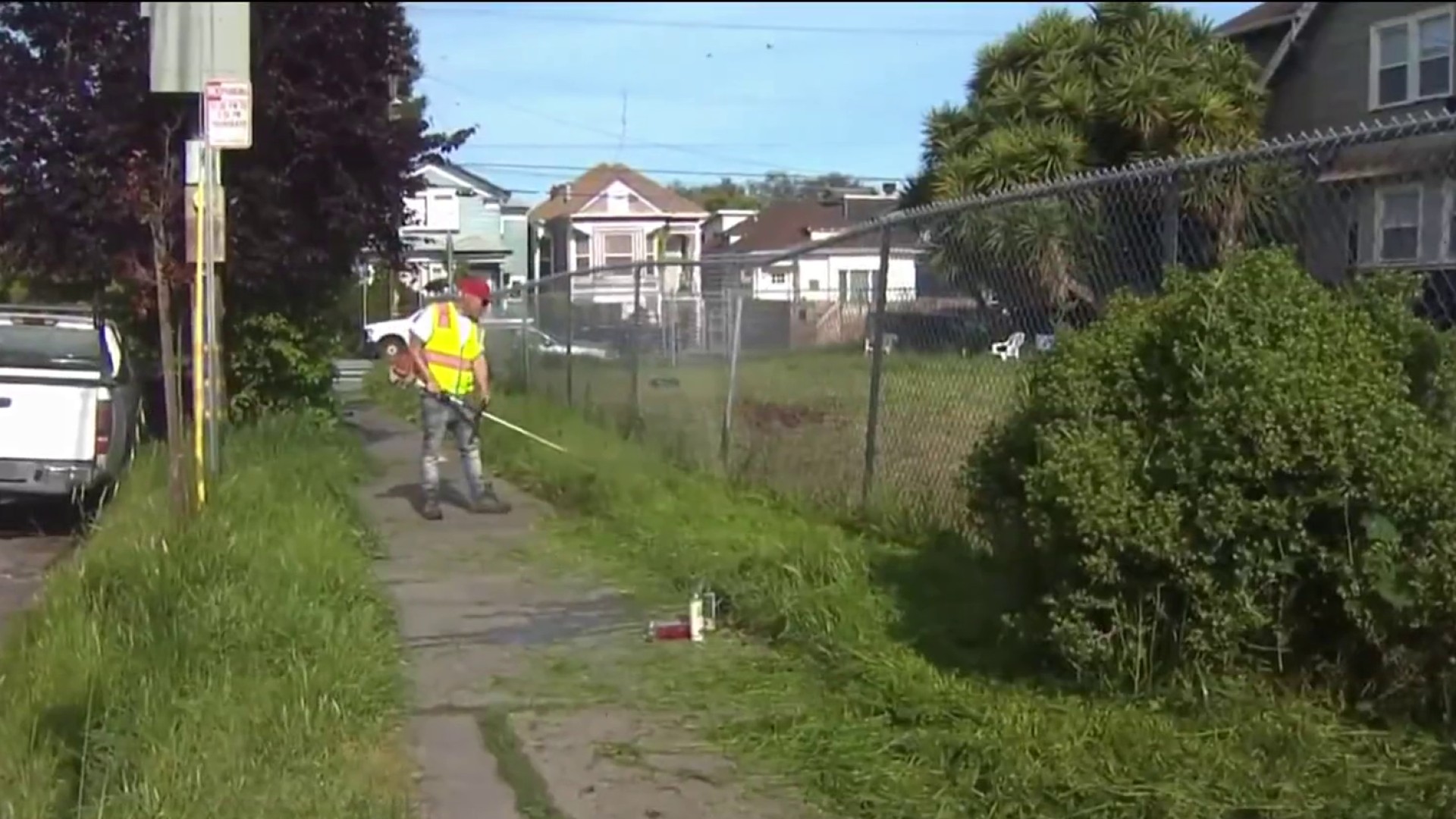Armed with evidence captured by surveillance cameras, California regulators have ordered a business to stop tapping Sierra Nevada spring water that is later bottled and sold in stores, officials said Wednesday.
It would be the first such action taken this year against a commercial water bottling business under tight drought restrictions, said Kathy Mrowka, enforcement manager of the state Water Resources Control Board.
Sugar Pine Spring Water in the foothills of Tuolumne County also faces fines of nearly $225,000 for collecting and trucking the water to commercial bottling companies for two years despite notices to stop, according to the proposed sanctions by the state Water Resources Control Board.
With California in its fourth year of historic drought, residents are being told to cutback, and thousands of farmers and other users such as Sugar Pine have been notified they must stop using waters as streams and rivers run dry.
The state earlier this year proposed a $1.5 million fine against the Byron-Bethany Irrigation District east of the San Francisco Bay Area, accusing it of taking water despite similar drought restrictions. The district is challenging the case.
Springs tapped by Sugar Pine feed into the Tuolumne River watershed and drain into New Don Pedro Reservoir. The city of San Francisco and farmers in Turlock and Oakdale irrigation districts rely on the watershed, the complaint says.
Sugar Pine was launched in the early 1990s and holds junior water rights, which have been curtailed in 2014 and 2015 because of the drought.
Local
Scott Fahey, the owner of the company, continued to divert a total of 22 acre feet of water over 170 days in the past two years after being notified no water was available under his rights, the complaint says.
One acre-foot is the volume of water sufficient to cover an acre of land to a depth of one foot, enough water to sustain a typical California household of four for one year.
The company pumps water captured from four springs to a transfer station before it is trucked to commercial bottling firms, the complaint says. The bottling firms are not identified in a complaint and Mrowka declined to name them.
Fahey can challenge the state action before the measures take effect. Fahey did not respond to a call seeking comment. His attorney, William "Bart'' Barringer, declined to comment in an email, saying he anticipates a hearing before the state water board.
Officials say Fahey has refused requests to show state inspectors his operations behind locked gates on a remote road. Investigators said they mounted surveillance cameras outside the gates, capturing tanker trucks traffic. They also reported seeing tanker trucks rumble past them during a 90-minute visit in July to the site.
Despite opposition from residents, Crystal Geyser Water Co. plans to tap an aquifer at the base of Mount Shasta. Residents fear it would deplete nearby wells and the aquifer, which feeds headwaters of the Sacramento River.
State regulations didn't intervene because groundwater monitoring in the state is years from implementation, said Tim Moran, a state water board spokesman.
Tuolumne County springs are considered surface water and within the state's jurisdiction, he said.



